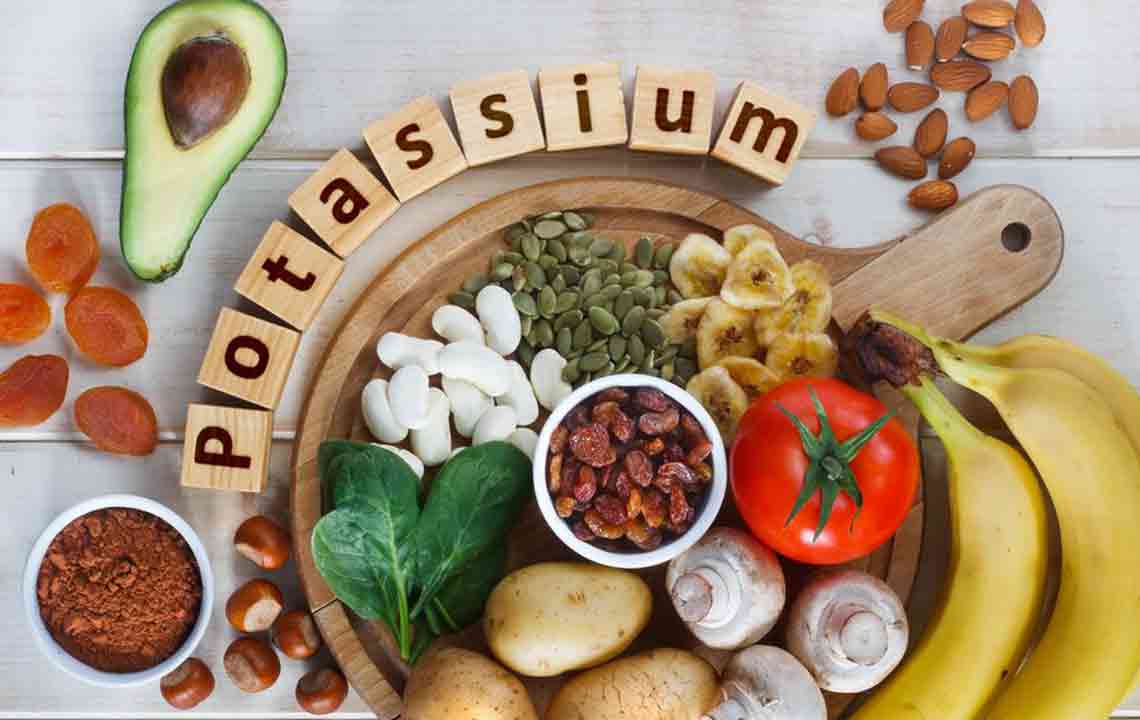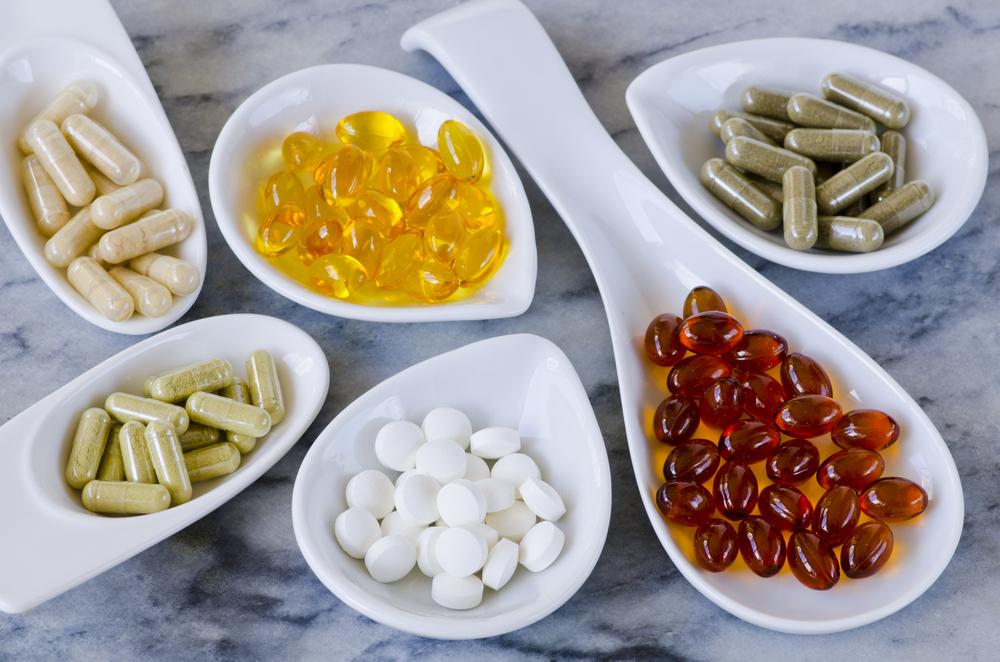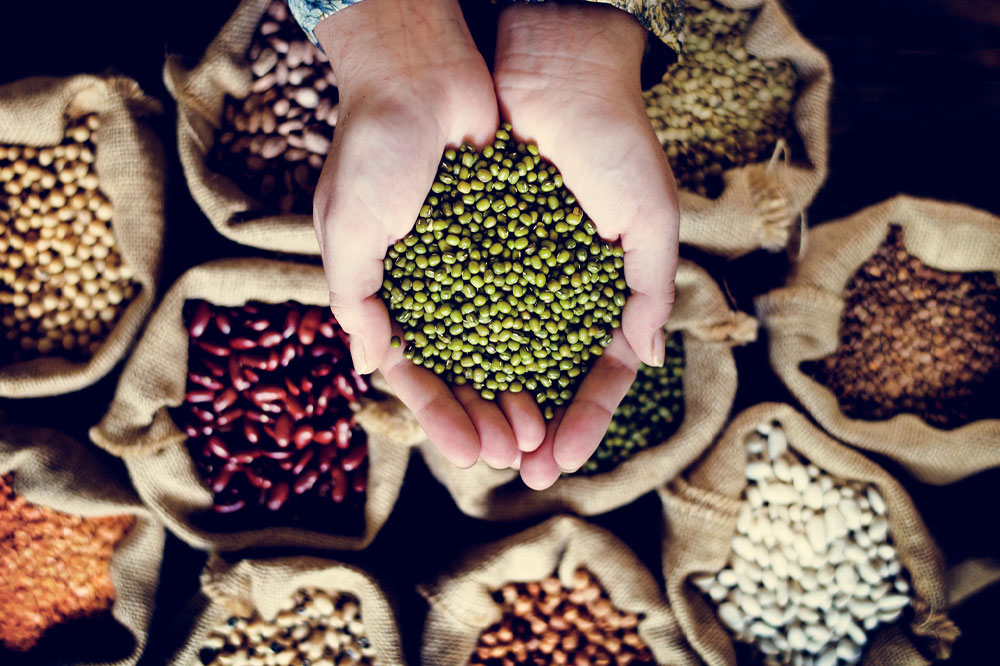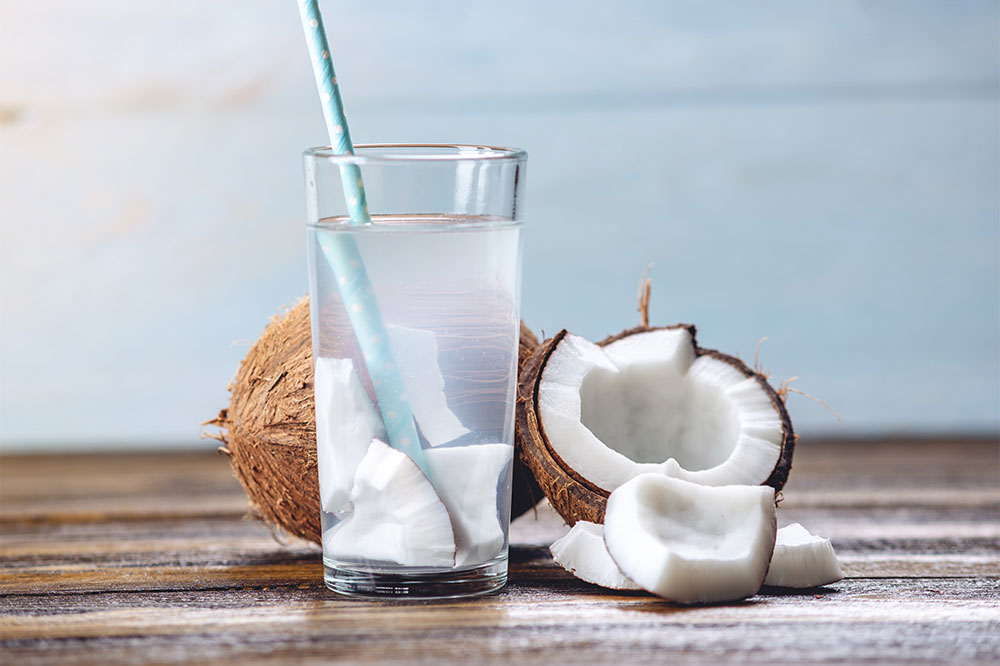Comprehensive Guide to Potassium: Essential Mineral for Optimal Health and Well-Being
This comprehensive guide explores the essential role of potassium in maintaining health. Discover the numerous health benefits, including blood pressure regulation, muscle function, and bone health, along with top dietary sources. Learn how to optimize your intake for better overall wellness and disease prevention, while understanding the risks of potassium deficiency and excess. Incorporate potassium-rich foods like fruits, vegetables, dairy, and nuts into your diet to support a healthier lifestyle and safeguard your vital organ functions.

Vital Benefits and Dietary Sources of Potassium
Potassium is an indispensable mineral that plays a fundamental role in sustaining overall health and bodily functions. Present in every cell of the human body, potassium is critical for a myriad of physiological processes that keep us alive and healthy. Despite its crucial importance, dietary intake of potassium is often overlooked, leading to deficiencies that can impact health significantly. Consuming foods rich in potassium offers numerous health benefits, including maintaining fluid and electrolyte balance, supporting nerve signaling, promoting healthy muscle and heart functions, and aiding in the regulation of blood pressure.
Potassium deficiency can have serious health repercussions, such as muscle cramps, fatigue, depression, respiratory complications, and blood pressure issues like hypertension. As an essential electrolyte, potassium facilitates vital functions including protein synthesis, carbohydrate metabolism, muscle development, and the regulation of heart rhythms. It also plays a crucial role in maintaining the acid-base balance within the body.
Ensuring adequate intake of potassium is especially important during pregnancy, for managing osteoporosis, and for people with diabetes, as it helps mitigate health risks associated with these conditions. The best way to achieve sufficient potassium levels is through a diet rich in natural sources. Such foods include a variety of fruits, vegetables, dairy products, seafood, seeds, and nuts—all of which contribute to lowering blood pressure and strengthening bones. However, it is important to note that excessive potassium intake can be dangerous, particularly for individuals with kidney problems, which impair the body's ability to regulate potassium levels.
Dry fruits such as apricots and prunes are excellent sources of potassium, offering approximately 40-43% of the daily recommended intake per serving. Including these in your diet can significantly boost your potassium levels.
Dates are also a potent source, providing nearly 19% of the daily potassium requirement per 100 grams, making them a nutritious and convenient snack.
Coconut water is celebrated for its electrolyte content, delivering about 17% of daily potassium needs in just one cup—perfect for hydration and electrolyte replenishment.
Starchy vegetables like sweet potatoes and regular potatoes are rich in potassium, with levels ranging from 450 to over 1,081 milligrams per serving, supporting both energy production and muscle function.
In addition, bananas, mushrooms, and an array of beans are notable for their high potassium content, offering multiple health benefits and supporting overall bodily functions.
Incorporating potassium-rich foods into your daily diet is essential for maintaining cardiovascular health, building strong bones, supporting metabolic processes, and preventing chronic diseases. Keeping a balanced potassium level is vital for overall health and wellness, emphasizing the importance of a nutritious, well-rounded diet that prioritizes natural, whole-food sources of this vital mineral.





